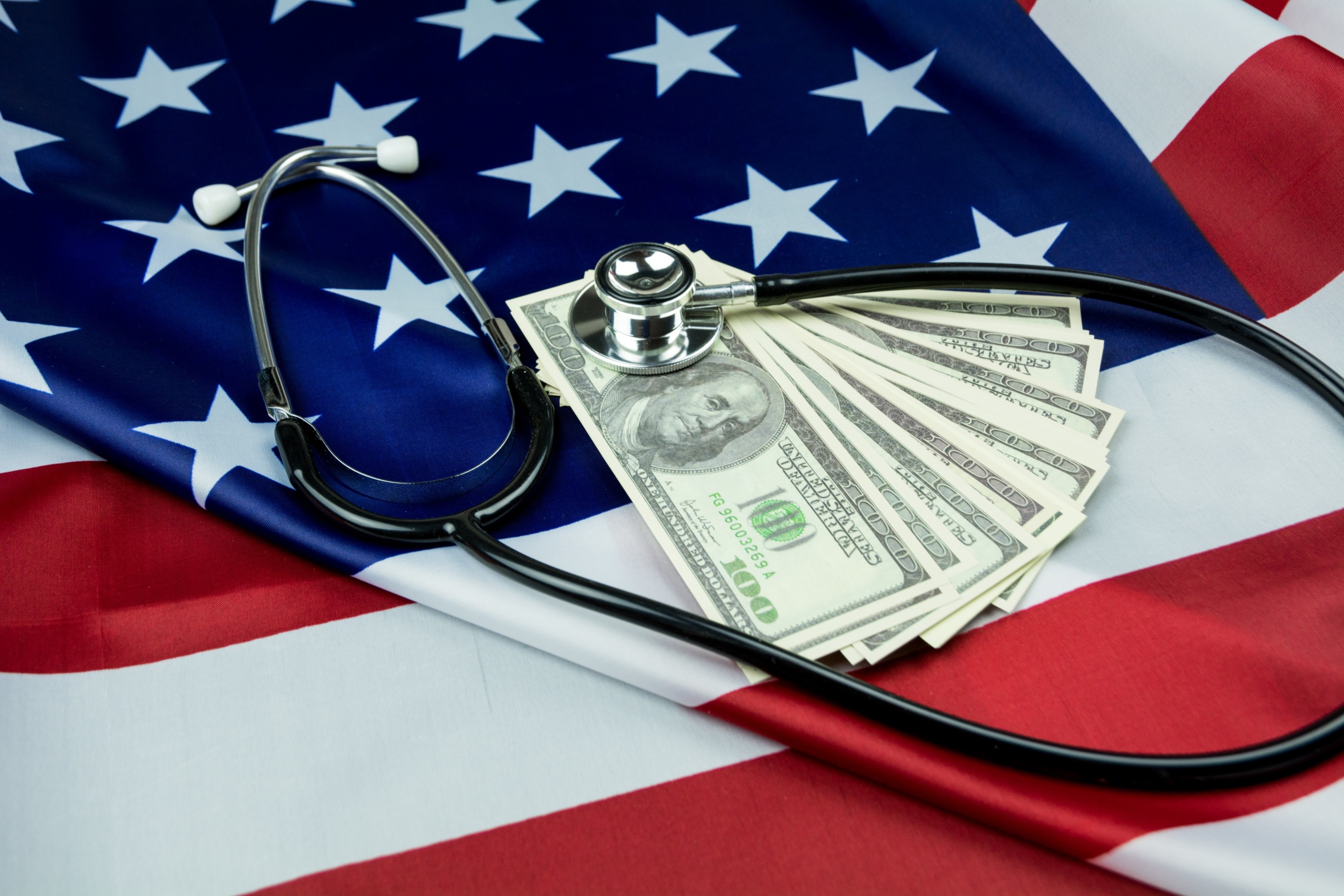
Medical bills and your consumer rights
It's Consumer Protection Week, do you know your medical billing rights?

More than a third of adults in the the United States feel the burden of medical debt. It’s not shocking when you consider the high prices people pay for insurance, out-of-pocket costs and prescription drugs.
Consumers should understand their medical billing rights to avoid over-charges and prevent medical debt from ruining their credit history.
We’ve got a series of tips to help.
If you have health insurance, know your protections from surprise bills:
The No Surprises Act protects insured patients from surprise medical bills sent by most out-of-network providers. Learn about your protections using our Patient Guide: Surprise medical billing protections you can use now
Under the No Surprises Act, some doctors are allowed to ask you to give up or “waive” your surprise billing protections. Learn how to avoid that trap by reading our guide: One way to avoid higher medical bills
Medical bills can be expensive so it’s important to understand your protections and use them.
- If you have a question about your rights, reach out to the federal government’s No Surprises Help Desk at 1-800-985-3059.
- If you have received a surprise medical bill, file a complaint using this link: https://www.cms.gov/nosurprises/consumers
Unfortunately, the No Surprises Act does not protect you from ground ambulance surprise bills. We’re working to close that loophole. If you have an ambulance surprise bill, please share your experience with us. Read how here: Have you ever received an ambulance surprise bill?
If you don’t have health insurance, you can get a good faith estimate and hold your provider to it.
Learn how to get a price estimate in advance of medical treatment if you are paying for your care yourself. Providers cannot bill you more than $400 over the written estimate: Why you can now have faith in good faith estimates
Erase paid-off medical debt from your credit report.
If you have paid off your medical debt, it should no longer be listed on your credit report. Use this helpful guide to spend ten minutes clearing up your credit report: How to make sure your credit reports don’t include paid medical debt
Medical bills can be expensive. Know your rights to protect your credit score and to avoid being over-charged.
Topics
Authors
Patricia Kelmar
Senior Director, Health Care Campaigns, U.S. PIRG Education Fund
Patricia directs the health care campaign work for U.S. PIRG and provides support to our state offices for state-based health initiatives. Her prior roles include senior policy advisor at NJ Health Care Quality Institute, associate state director at AARP New Jersey and consumer advocate at NJPIRG. She was appointed to the Ground Ambulance and Patient Billing Advisory Committee in 2022 and works with patient advocates across the U.S. Patricia enjoys walking along the Potomac River and sharing her love of books with friends and family around the world.
Find Out More

Outpatient outrage: Hospitals charge fees for care at the doctor’s office

A bad deal: Why you don’t want (medical credit) cards in your hand

Medical Bills: Everything you need to know about your rights
